Peppermint essential oil, derived from the peppermint plant (Mentha piperita), has been a staple in traditional medicine for centuries. This powerful, natural remedy offers a range of health benefits, particularly when it comes to alleviating headaches and digestive issues. Its invigorating aroma and cooling sensation make it a popular choice for those seeking relief without resorting to medications. In this article, we will explore the science behind peppermint essential oil's efficacy and how you can use it to alleviate common ailments like headaches and digestive issues.
Peppermint Essential Oil: A Potent Remedy
Peppermint essential oil is extracted through steam distillation from the leaves and stems of the peppermint plant. This process yields a highly concentrated oil packed with numerous active compounds, including menthol, menthone, and limonene. These compounds are responsible for peppermint oil's characteristic cooling effect and invigorating aroma, as well as its numerous health benefits.
Relieve Headaches with Peppermint Essential Oil
Headaches, whether tension, sinus, or migraine, can be debilitating and affect daily life. Peppermint essential oil offers a natural alternative to conventional painkillers. Research has shown that applying diluted peppermint oil to the temples and forehead can help alleviate headaches. One study found that topical application of a 10% peppermint oil solution provided significant pain relief for tension-type headaches, rivaling the efficacy of acetaminophen.
The menthol in peppermint oil is believed to work by relaxing muscles and improving blood flow, helping to reduce headache pain. Additionally, the oil's refreshing aroma can help reduce feelings of nausea often associated with migraines.
Improve Digestive Health with Peppermint Essential Oil
Peppermint essential oil has long been used as a natural remedy for various digestive issues, such as indigestion, bloating, and irritable bowel syndrome (IBS). The menthol in peppermint oil is thought to have antispasmodic effects, relaxing the muscles of the gastrointestinal tract and thereby reducing symptoms like abdominal pain and cramping.
A study published in the British Medical Journal found that enteric-coated peppermint oil capsules were effective in reducing IBS symptoms in a majority of patients. Furthermore, other research suggests that inhaling peppermint oil's aroma can help reduce feelings of nausea and vomiting, making it a valuable remedy for those experiencing motion sickness or undergoing chemotherapy.
Combat Muscle Pain with Peppermint Essential Oil
Peppermint essential oil has analgesic and anti-inflammatory properties, which can help to alleviate muscle pain and soreness. The oil can be applied topically to the affected area to provide relief from muscle aches and pains. Peppermint oil can also be added to a warm bath to help relax the muscles and reduce tension.
Boost Energy and Focus with Peppermint Essential Oil
Peppermint essential oil can also be used to boost energy and focus. The oil can help to stimulate the mind and promote mental clarity. Peppermint oil can be diffused in the air or applied topically to the temples and wrists to help improve concentration and focus.
Using Peppermint Essential Oil Safely
It is essential to use peppermint oil safely and appropriately to reap its benefits. Here are some tips for using peppermint essential oil for headaches and digestive issues:
-
Dilution: Always dilute peppermint oil with a carrier oil, such as coconut or almond oil, before applying it to the skin. A general guideline is to mix 3-5 drops of essential oil with a teaspoon of carrier oil.
-
Application: For headaches, gently massage the diluted oil onto your temples, forehead, and the back of your neck. For digestive issues, massage the oil onto your abdomen in a clockwise direction.
-
Inhalation: To reap the benefits of peppermint oil's aroma, diffuse it in your home using an essential oil diffuser or simply inhale it directly from the bottle.
-
Oral consumption: Only use high-quality, food-grade peppermint oil for ingestion and always follow the recommended dosage. Consult a healthcare professional before ingesting essential oils, especially if you are pregnant, breastfeeding, or have a pre-existing medical condition.
Conclusion
Peppermint essential oil is a powerful natural remedy for a variety of common ailments. The oil can be used to relieve headaches, improve digestive health, alleviate muscle pain, and boost energy and focus. When using peppermint oil, it is important to dilute the oil with a carrier oil and to perform a patch test before using it topically. Overall, peppermint essential oil is a versatile and effective natural remedy that can help to improve your overall health and wellbeing.






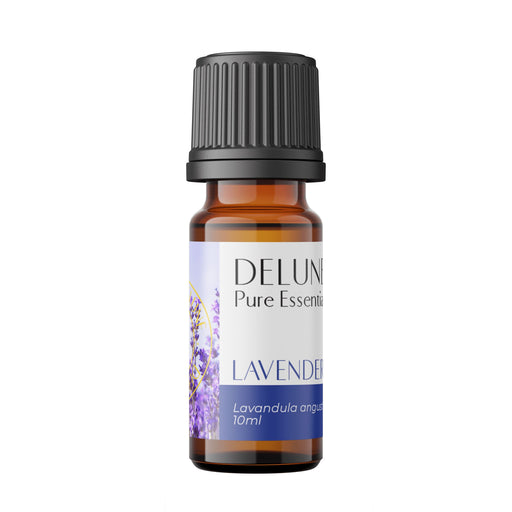

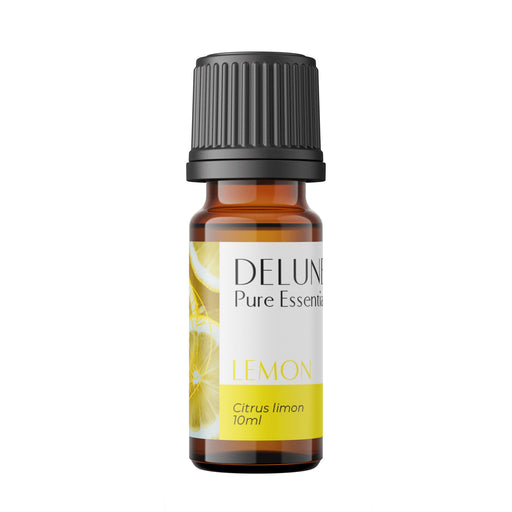

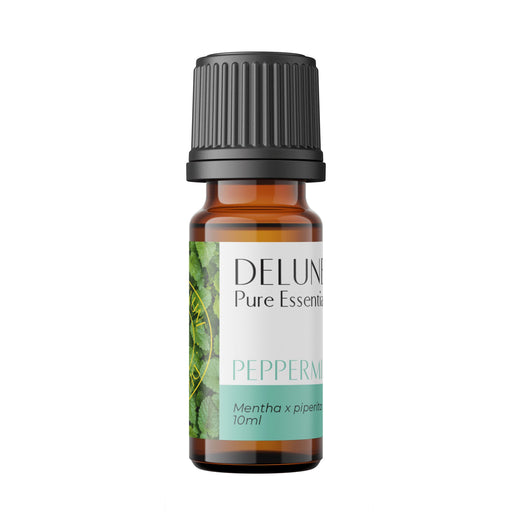

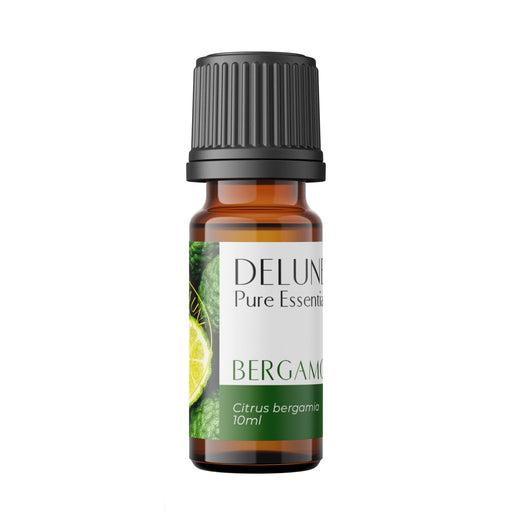

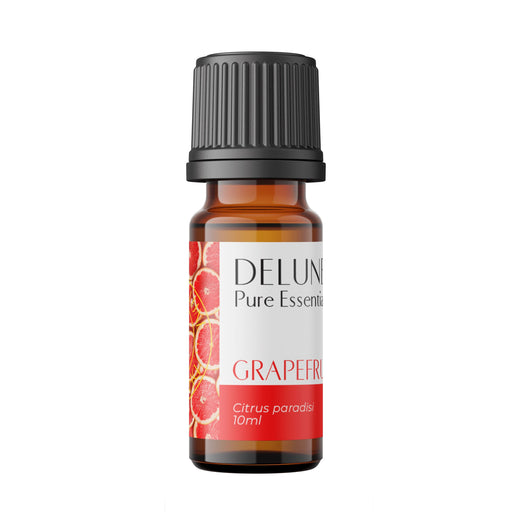

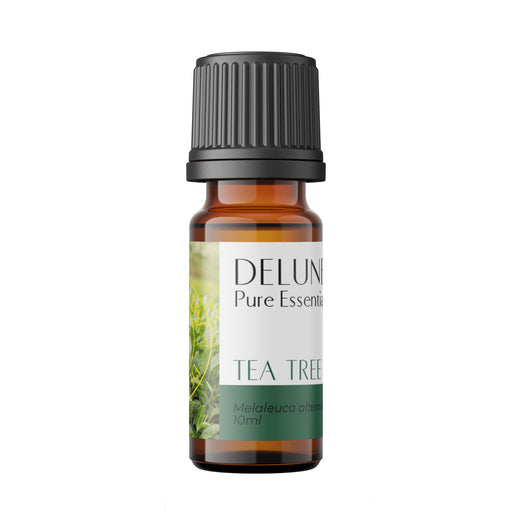

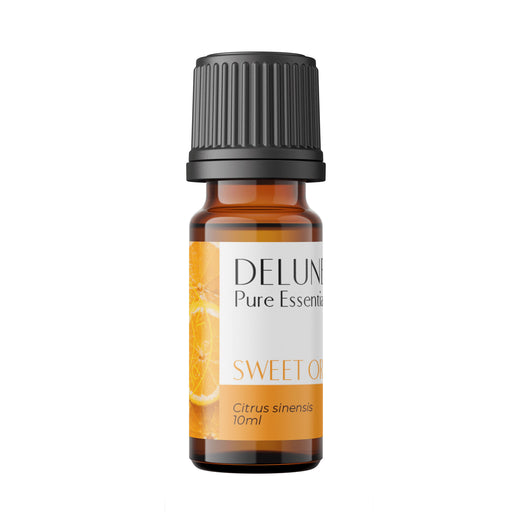

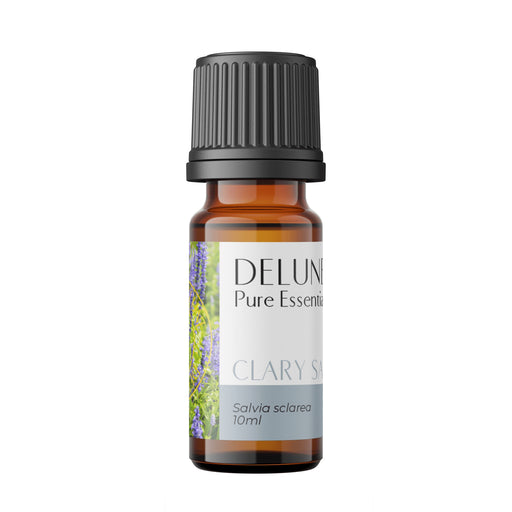

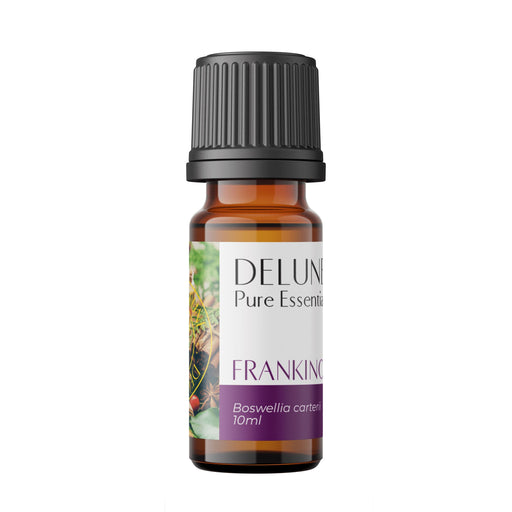

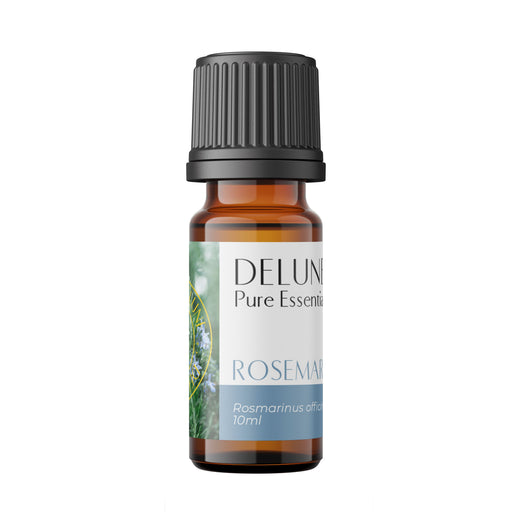
Leave a comment